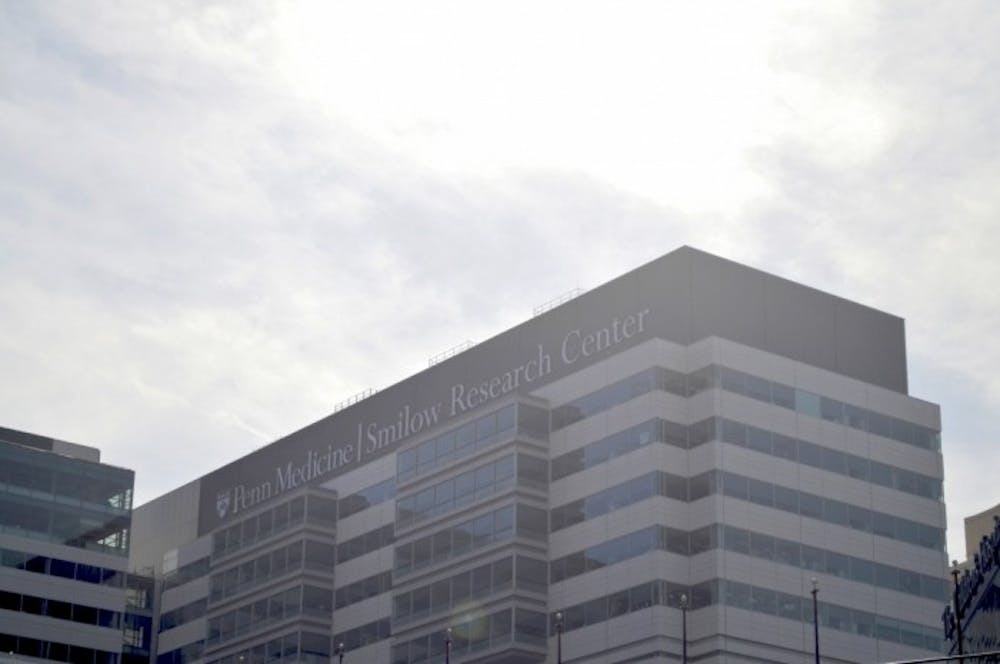
Amid ongoing uncertainty on the status of health insurance under the Trump administration, Penn researchers have found a way to improve treatment and lower healthcare costs for uninsured patients.
Researchers at Penn's Perelman School of Medicine released the results of a study last week showing that patients who become involved with community health workers have roughly 30 percent fewer hospital admissions in a year and decreases in obesity and cigarette smoking than those who don't.
This was their second clinical trial for IMPaCT, a healthcare model they created in 2013 after speaking to high-risk patients and their challenges in accessing treatment. The model proposes connecting patients with community healthcare workers who can help them to deal with issues such as trauma and hunger, which can often complicate their medical treatment.
Community healthcare workers are often from the same neighborhoods and share the same language and race as their high risk patients. Under the IMPaCT model, they help patients set goals for their lifestyle and ensure that they receive support as they work toward their objectives. The eventual goal is for patients to take on a care schedule that they are able to maintain.
“Seeing some of the work with patients unfold, you just see people in very difficult situations," said Olenga Anabui, the Director of Penn Center for Community Health Workers. "A community health worker is able to transform the way that their patient views their health, the way that they view their life."
She referred to the program as a “holistic approach” to healthcare.
Anabui recounted the story of a patient who was treated through the program. She said community health workers were able to assist him in various ways beyond primary care, like providing him with emotional support.
Julia Palecki, a Clinical Research Assistant at Penn Medicine, agreed, adding that “community health workers can play an important role in the healthcare ecosystem and aid high-risk patients in ways that a typical hospital visit cannot."
Although community health worker programs have been shown to be beneficial for high-risk patients, many health care providers have avoided implementing them as they tend to reduce hospital readmission rates, which make money for the providers, said Ezekiel J. Emanuel, Penn's Vice Provost of Global Initiatives who was an important architect of the Affordable Care Act.
“If the health system gets more money every time they admit one of these patients to the hospital or provide some kind of treatment to them, they’re not going to look for ways to save,” Emanuel said.
Unlike many similar programs, IMPaCT has been sustainable because the model generates a return on investment, $2 for every $1 invested to be exact, even as it lowers readmission rates for its patients.
“There have been a lot of programs in the past that have promised savings and not materialized savings," said Emanuel. "This program at Penn appears to be very, very successful.”
The Daily Pennsylvanian is an independent, student-run newspaper. Please consider making a donation to support the coverage that shapes the University. Your generosity ensures a future of strong journalism at Penn.
Donate







